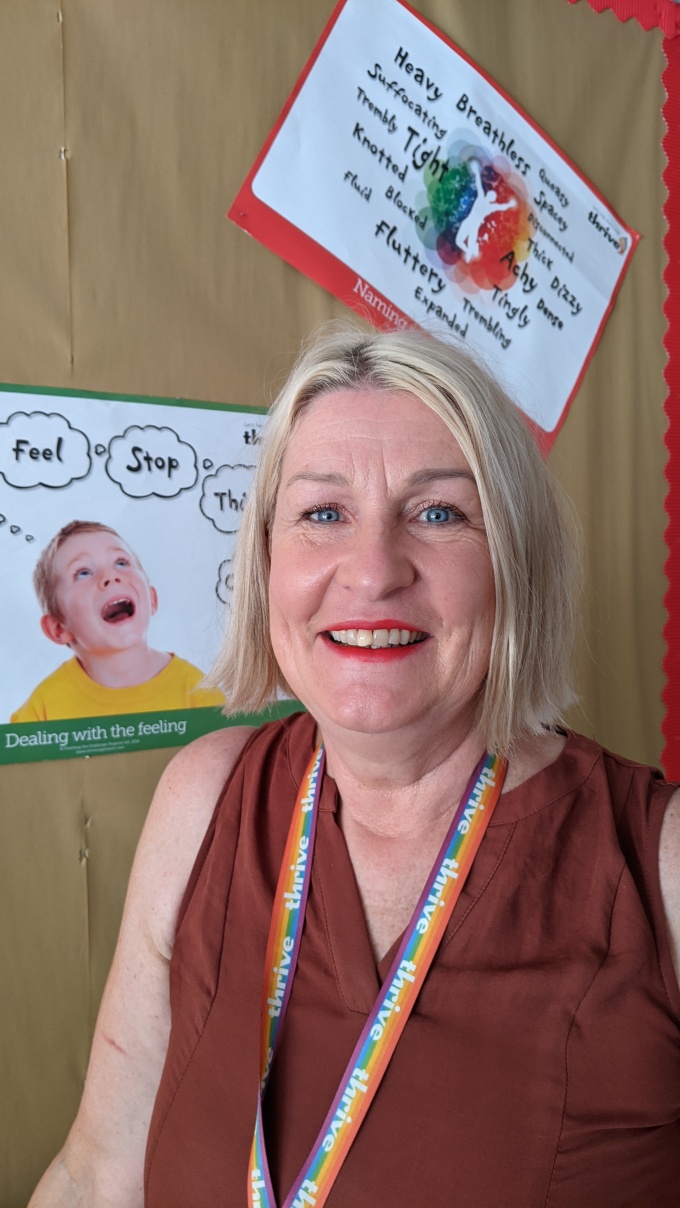Outgoing Children's Commissioner for England calls on the Prime Minister to create a 'Covid-covenant' for children and young people
The outgoing Children's Commissioner for England, Anne Longfield, has called on the Prime Minister to create a 'Covid-covenant' for children and young people to ensure that they are placed at the heart of recovery from the pandemic with adequate funding and effective policy initiatives.
Her speech unfavourably compared the Government's recovery plan to President Biden's, which is projected to halve child poverty in a year, and urged the Treasury to increase spending on children and families.
"The Institute for Fiscal Studies has estimated that the long-term cost to the economy of learning loss caused by the pandemic will be £350billion. However, the Treasury has committed just £1billion to in-school catch-up and £200million in wider support, while giving tens of billions to other sectors of the economy," she said.
"What all this shows is an institutional bias against children. Whatever the data, the outcomes, the successful interventions - the system still says no."
To accompany her speech, the Children's Commissioner released hard-hitting data around the scale of the challenges facing children and young people, especially as a result of the pandemic.
- 1.3 million children with significant mental health conditions. Less than a quarter of these - 391,940 - received NHS treatment in 2019/20.
- 82,000 five-year-olds who started school in 2019/20 failed to meet half of their expected development indicators.
- 840 million days of face-to-face schooling will have been lost by 8 March.
- During the first lockdown the disadvantage gap amongst seven-year-olds increased by 40 per cent. Poorer seven-year-olds are now seven months behind their more affluent peers.
- Two thirds of primary school children felt lonely during the pandemic - a 50 per cent increase
- The rate of clinically significant mental health conditions increased by 50 per cent during the pandemic.
At Thrive, we have been training teachers and education professionals to support young people's emotional wellbeing in order to prevent mental health issues for the past 25 years. We support Mrs Longfield's calls to put children at the heart of the recovery effort with sufficient funding and effective policy initiatives to enable all children to fulfil their potential. If mental wellbeing for children comes first in this recovery plan, then they will have a firm foundation from which they can engage with learning in order to reach, or even exceed, attainment targets.
Mrs Longfield's data, together with recent reports from the Education Policy Initiative and Ofsted paints a worrying picture of children who will be facing long-term social and emotional consequences of the pandemic. While some young people will have undoubtedly enjoyed spending more time at home, we believe that many more will need support to help them recover and regain their resilience.
In her speech called 'Building back better: Reaching England's left behind children', Mrs Longfield criticised the Government for viewing children as 'remote concepts or data points' and described having to 'force officials and ministers to the table, to watch them sit through a presentation, maybe ask a question, and then vacantly walk away' when she was trying to present key data on outcomes for children.
She urged ministers to stop putting children into silos based on labels such as 'mental health', 'behaviour' and 'poverty' and to instead focus on creating a long-term solution with a joined-up approach between departments and organisations.
"investment in one service can deliver outcomes in another. Investing in family hubs or parenting programmes can lead to improved educational outcomes, behaviour and mental health - and ultimately better employment. But the NHS, police and DWP, which reap the benefits, don't provide the funding because it's not their job. So it doesn't happen," she said.
"The Treasury can bridge these silos, but doesn't. Instead, I am told the Treasury is looking to reduce revenue spending and focus on capital and investment - as if spending on the early years development or children's mental health is not an investment for the future?"
Over to you
Reduced anxiety and behavioural incidents. Calmer classrooms filled with engaged leaners. Improved relationships with parents and carers. These are just some of the outcomes reported by settings embedding Thrive’s whole-school approach to mental health and wellbeing. Are you ready to join them? Click here to get started.
Pass it on
Small actions can lead to a big ripple effect. If you enjoyed this post or found it helpful, please consider supporting us in our mission to help every child and young person feel safe, supported and ready to learn by sharing it using the social media buttons below.
Want to join a like-minded community of senior leaders and classroom staff benefitting from insights and strategies to improve attendance, behaviour and attainment? Add your email address below. (It’s easy to unsubscribe).




_680.jpg)


(1)_680.jpg)

